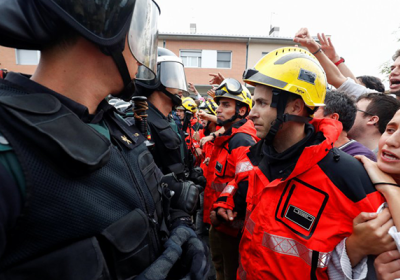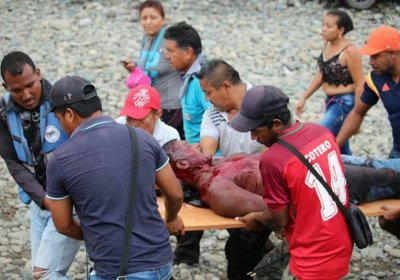Canadian activist and writer Naomi Klein is the author of books that have helped define the thinking of the left for the past several decades.
Last month, Klein talked to Alan Maass about the whiplash pace of natural disasters and the unnatural factors that make them worse — and how we can fight back while working toward an alternative.










